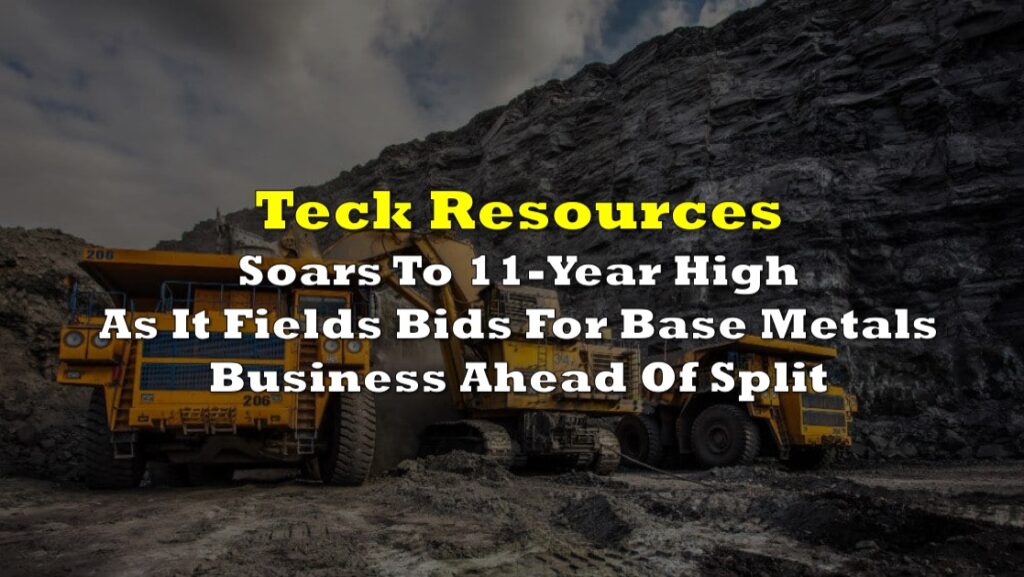An organization called Save Elk River has started an online petition to urge the British Columbia government to take action against mining giant Teck Resources (TSX: TECK.A, TECK.B) to look into the impact of its coal mines on the Elk River.
The petition seeks to get the BC government to give a referral to the International Joint Commission (IJC) to intervene. The IJC is a bi-national organization built by the US and Canadian governments under the Boundary Waters Treaty of 1909. Its job is to “manage the health and flow of the waters shared by the two countries.” But without a referral from both countries, the IJC cannot take action.
Save Elk River alleges that the Elk River in the Elk Valley where Teck Resources operates its open-pit coal mines has elevated levels of selenium and other contaminants coming from waste from the mines that have entered surface runoff and groundwater. The river then carries selenium and these pollutants downstream into Lake Koocanusa and Kootenai River, and waters as far as Montana and Idaho.
Selenium, in certain concentrations, can hinder fish reproduction and cause deformities and illnesses in fish that lead to lowered survival rates and cause population decline. The element may also pose risks to human health and indigenous food security. Studies have found that the levels of selenium coming from mine runoff into the Lake Koocanusa and Kootenai River are causing harm to the fish there, but Teck has continued to dispute these findings.

The petition, which was started shortly before new Premier David Eby took office in November, aims to urge the new government to respond and make the referral to IJC, which the BC government had previously opposed.
Separately, new records found around the same time and published by The Narwhal show that the BC government and Teck lobbied against an IJC intervention. Internal emails and letters obtained by the Ktunaxa Nation Council through a freedom of information request include an April 2022 letter from BC Environment and Climate Change Strategy Minister George Heyman and Energy, Mines and Petroleum Resources Minister Bruce Ralston to Foreign Affairs Minister Mélanie Joly. They said that “the province maintains there are other, more efficient ways to address concerns around selenium levels.”
The ministers pointed out the importance of supporting the province’s metallurgical coal mining industry and its role in meeting the growing global demand for steel, which in turn had a role in the low-carbon economic transition. They also referred to the thousands of people that the mines employ, and the significant amount of annual government revenue generated by Teck’s operations.
A statement issued by the spokesperson for BC’s Environment Ministry in response to the released internal emails and documents says that BC “continues to be engaged with all parties to improve water quality in the Elk River Valley without the involvement of the International Joint Commission.”
“We have been consistent on this position and have been engaged with all levels of government, including the Government of Canada, on ongoing plans for the region,” the spokesperson wrote.
Teck shares the same belief, in a letter to The Narwhal in November they said that “there are other more effective ways to address selenium concerns in the Koocanusa Reservoir underway that involve transboundary collaboration.”
Save Elk River’s Change.org petition has so far gathered over 10,000 signatures, as of this writing.
Information for this story was found via Change.org, The Narwhal, Missoulian, QUOi, and the sources and companies mentioned. The author has no securities or affiliations related to this organization. Not a recommendation to buy or sell. Always do additional research and consult a professional before purchasing a security. The author holds no licenses.









